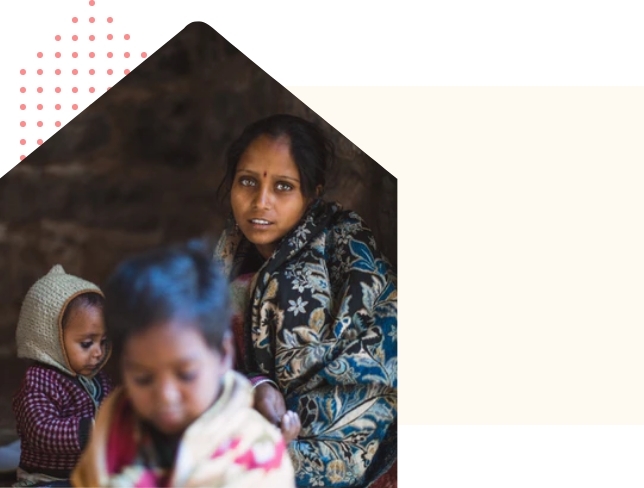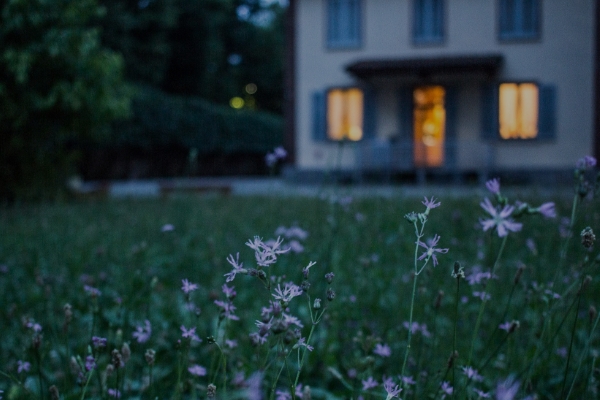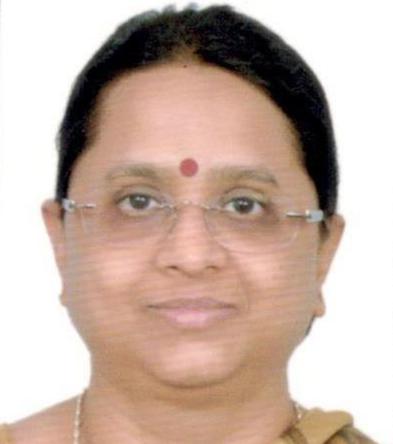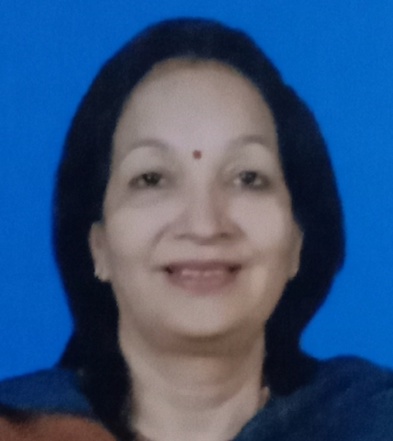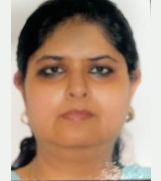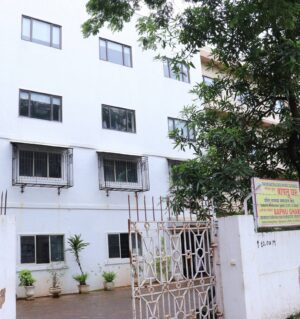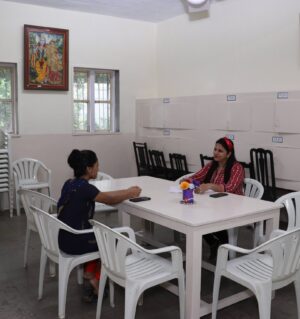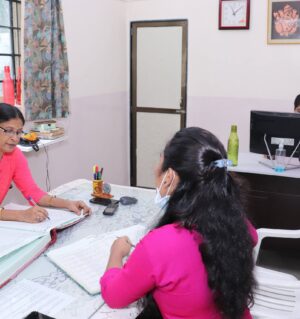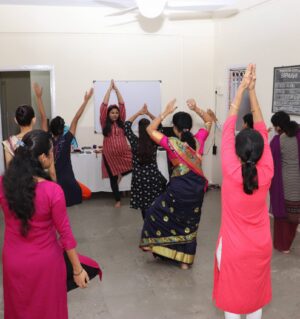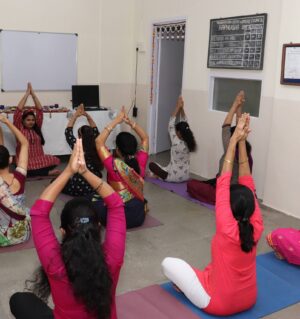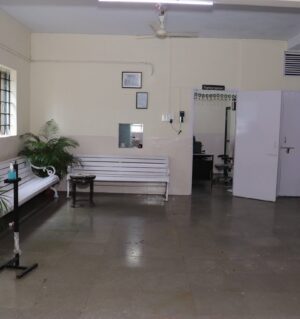In many instances, a woman is unsafe even in her parents’ home, at threat from members of her own family, or from predatory neighbours. Domestic violence and abuse is not limited to obvious physical violence. It can also mean endangerment, criminal coercion, kidnapping, unlawful imprisonment, trespassing, harassment and stalking.
In keeping with the vision and traditions set by its founder, Bapnu Ghar welcomes women in social distress who have nowhere else to go. A woman at the Home is provided free shelter, food, medical care and counseling. Sewing, embroidery, language, singing and yoga classes are provided, in addition to occupational therapy.
The MSWC also tries to bring about a dialogue between the women and their families to try and seek reconciliation. Every case is treated individually, and partners or other family members are encouraged to enroll in special programmes as well. Counseling is given through many services, such as an Alcoholics Anonymous group for husbands, or by providing legal help and psychiatric services. After a woman leaves the Home, there are ongoing follow-up meetings to provide continued support and to ensure her progress. The Home also strives to reconstruct families by giving an adequate hearing to spouses of the distressed women, and to that end, every attempt is made to straddle a delicate balance that ensures the woman feels safe and looked after, even as she is encouraged to integrate and return back to society.
If a woman cannot return to her home, the next step is to provide her with legal help and to help her develop a skill that can help her turn independent. Women who come to Bapnu Ghar are most often in a state of complete breakdown. They come from different parts of the country and are nurtured here and cared for until they can participate in useful work. The aim of the Home is to ensure that no woman here is a permanent resident, but is instead reinforced and strengthened to go on with a productive life. Women are encouraged to join a business training programme to empower them for it.
The MSWC tries to ensure that children under the age of six are not separated from their mothers by taking them in and caring for them as well. Bapnu Ghar provides a temporary shelter for low income working women in social distress as well. There is a family counseling counseling centre for non-residential cases, and psychiatrists are trained especially to treat spouses with drug abuse and alcohol addiction, often the chief causes for breakdown in the family. A trained social worker visits homes in the surrounding areas creating awareness and encouraging women who are abused to seek help.
Conditions for women have also changed over the last sixty years. A woman of today, even if illiterate, is less inclined to put up with ill treatment than her mother grandmother before her. She recognizes economic independence as the key to her redemption. A rehabilitation programme started by Bapnu Ghar some years ago trains even illiterate women to fend for themselves. A resident can stay in this rehabilitation centre for upto two years until she is capable of taking care of herself.
